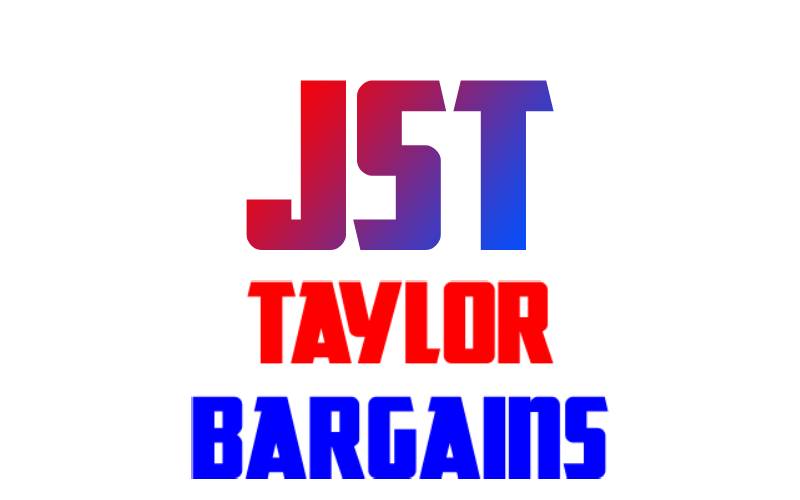The debate between digital and print books has been ongoing since the advent of e-readers and digital platforms. Both formats offer unique benefits and cater to different types of readers, making the choice largely dependent on personal preference and lifestyle. While some readers cherish the tactile experience of a physical book, others appreciate the convenience and versatility of digital formats. To decide which is right for you, it’s important to consider the strengths and drawbacks of each option.
The Appeal of Print Books
For many readers, there is nothing quite like the feel of a print book in their hands. The texture of the pages, the smell of the paper, and the physical weight of a book all contribute to an immersive reading experience that digital formats often can’t replicate. Print books also provide a sense of permanence; they can be collected, displayed, and shared with others, creating a tangible connection to the stories and knowledge contained within their pages. This physicality is a key reason why print books remain popular, especially among readers who appreciate a more traditional reading experience.
Print books also offer a distinct advantage when it comes to reducing screen time. In a world dominated by digital screens, taking a break to read a physical book can provide a much-needed respite. The absence of backlighting in print books reduces eye strain, making them a preferred choice for extended reading sessions. For those who spend much of their day on computers or smartphones, switching to a print book can offer a refreshing change of pace and help maintain healthy reading habits.
Another benefit of print books is their reliability. Unlike digital devices, print books do not rely on batteries or electronic components that can malfunction or become outdated. They are unaffected by technical issues or digital rights management restrictions, ensuring that once you own a book, it is yours to keep, read, and revisit whenever you like. This stability makes print books a trustworthy choice for readers who want to invest in a collection that will stand the test of time.
The Benefits of Digital Books
Digital books, or e-books, have gained a strong following due to their convenience and accessibility. One of the most significant advantages of digital formats is their portability. A single e-reader or tablet can hold thousands of books, allowing readers to carry an entire library in their bag or pocket. This makes digital books ideal for travelers, commuters, and anyone who wants to have a wide range of reading options available at all times without the physical burden of multiple volumes.
Digital books also offer a level of customization that print books cannot. E-readers allow users to adjust font size, style, and background color to suit their reading preferences, making them an excellent option for those with visual impairments or specific reading needs. Some devices even offer features like built-in dictionaries, highlighting, and note-taking, enhancing the reading experience by allowing users to engage more deeply with the text. These tools can be particularly useful for students or readers who enjoy analyzing and interacting with their reading material.
Another key benefit of digital books is their immediate availability. With just a few clicks, readers can purchase and download books from a vast online library, eliminating the need for a trip to a bookstore or waiting for a delivery. This instant access to a diverse selection of titles, from bestsellers to obscure works, makes digital books a convenient choice for readers who value quick and easy access to new material. Additionally, many digital books are often more affordable than their print counterparts, and some platforms even offer a range of free titles, making reading more accessible to those on a budget.
Conclusion
When choosing between digital and print books, there is no one-size-fits-all answer. Each format offers distinct advantages that cater to different reading preferences and lifestyles. Print books provide a sensory, screen-free reading experience that many readers find comforting and reliable. On the other hand, digital books offer unmatched convenience, portability, and customization, making them a versatile choice for modern readers. Ultimately, the best format is the one that aligns with your reading habits, preferences, and needs. Whether you prefer the feel of paper or the convenience of a digital library, both formats have their place in the world of literature, and there is no reason why you can’t enjoy the best of both worlds.

